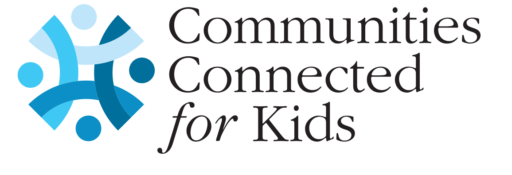Kinship Caregiver’s Frequently Asked Questions
Q: My relative/non-relative’s child has been removed from the home. How do I go about becoming a Kinship caregiver for that child?
If you are interested in being considered a placement resource for a child who has been removed from his or her home, you should contact the Dependency Case Manager assigned to the family’s case. The Dependency Case Manager can initiate the process of conducting a home study – this will involve assessing the home environment for safety, completing background checks on household members and frequent visitors, and discussing other pertinent factors relevant to meeting the child’s specific needs. Ultimately, the Court determines where a child will be placed, but requesting a home study is the first step in the process.
Q. Why are there so many different court hearings? As a caregiver, am I supposed to be attending?
We know the dependency system can be confusing and want to help caregivers feel as comfortable as possible throughout the process. Click HERE to view “A Caregiver’s Guide to Dependency Court,” which provides a brief overview of the various types of court hearings and other helpful information to know about court. You have the right to be notified of and participate in every court hearing while the child is in your care, and we encourage you to attend hearings. This allows you to have the most accurate, up to date information, and it also allows you to directly address the Court if you wish. You may also share information with the Court in writing if you are unable to attend in person. Speak with the assigned Dependency Case Manager and Guardian ad Litem if you have more questions about the court process.
Q. What is a Guardian ad Litem (GAL)?
The Guardian ad Litem Program advocates for children who have been abused and neglected. The Court may appoint a Guardian ad Litem to the case – this person will meet with you, the child, the child’s parents, and others involved with the case in order to gather information and make recommendations to the Court about what should happen in the case.
Q. Is there financial help if I become a Kinship caregiver?
When a child is placed in out-of-home care by the Court, the child’s medical, dental, and behavioral health needs will be covered through Medicaid. Reduced childcare rates may be available in addition to receiving a monthly childcare subsidy for children not yet school aged. Additional financial benefits can be explored with Kinship caregivers to determine what programs you may be eligible for.
The CCKids Kinship Navigation Program is available to help walk you through the Level I licensing process. Licensed families are able to receive a monthly stipend to care for the children in your home. If you are not actively working with a Kinship Navigator, please speak to your Dependency Case Manager to get the Level I licensing process started. or contact CCKids Caregiver Support Warm Line at 1-800-671-2503.
Q. The child I am caring for has medical/emotional/behavioral/educational needs. What help is available?
Children removed from their homes due to abuse, abandonment, or neglect have often experienced trauma that may impact their overall wellbeing. Sometimes children have existing special needs that need to continue to be addressed in their new placement. Rest assured that there are services available to assist the child (and caregiver). If the child in your care is experiencing challenges, speak with the Dependency Case Manager about your concerns. The Dependency Case Manager will work closely with the child, caregiver, schools, and other involved professionals to ensure the child is receiving the services he or she needs. Our agency also has a Clinical Services Department that helps coordinate physical, mental, and behavioral health care for children in out-of-home care.
Q. I still have questions related to my role as a relative/non-relative caregiver. Who should I contact?
The Dependency Case Manager and Supervisor are the primary points of contact for the case. They are the ones who can answer case-specific questions, explain court orders, and discuss services the child may need. However, the Kinship Navigation Team is always here to serve as an extra support for caregivers, and we are happy to assist in any way we can. We can work in conjunction with case management, other internal programs, and community providers to help find a solution to the issue you are facing. If you have questions about support available to Kinship Caregivers, email us at flcbccaregivers@cckids.net or call us 1-800-671-2503.

